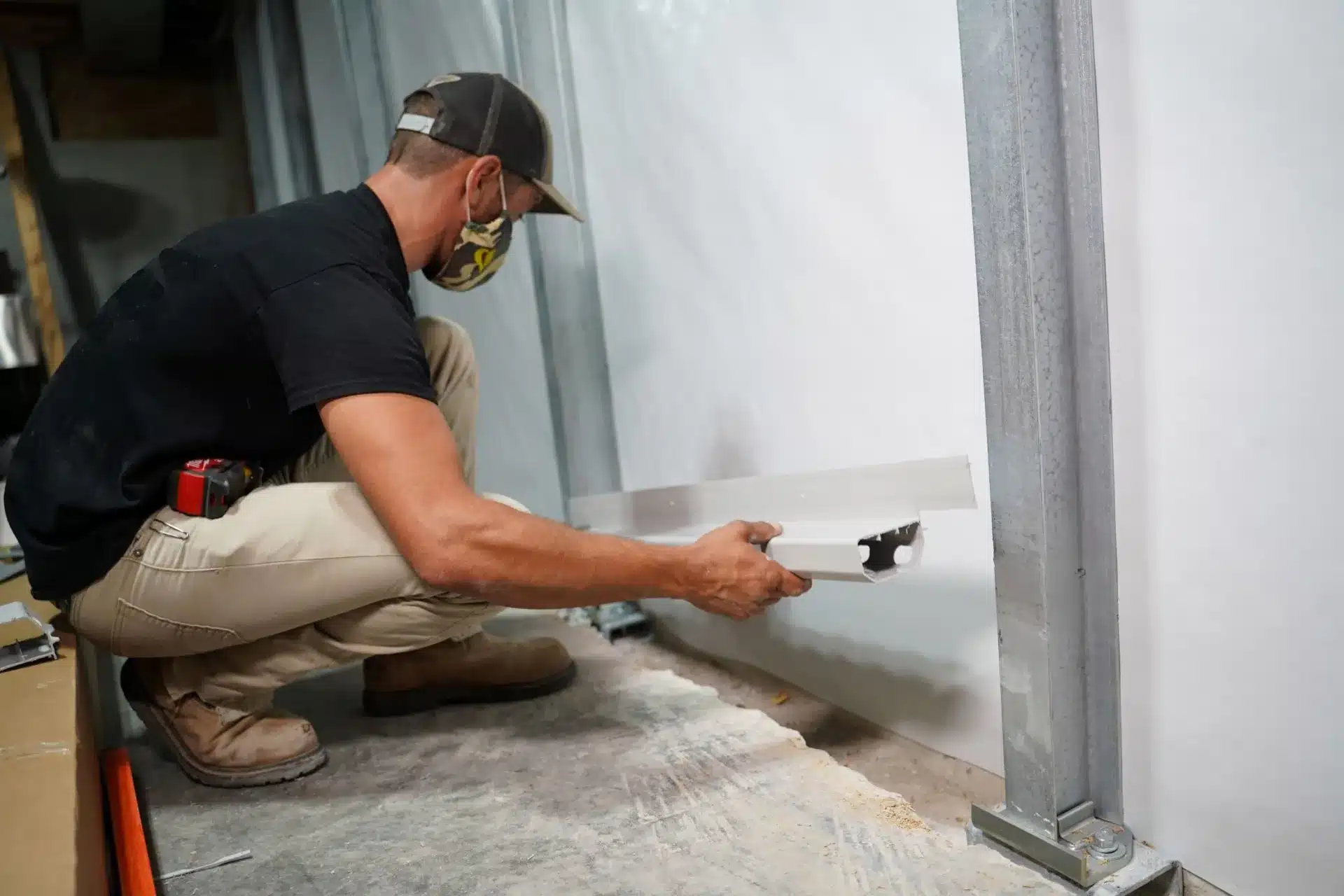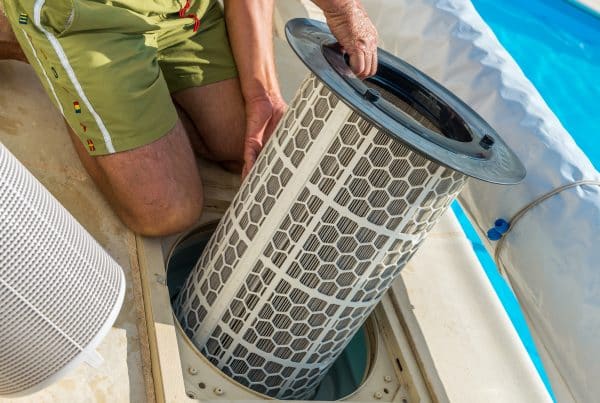When homeowners consider basement waterproofing, their thoughts often turn to internal measures like sump pumps, sealants, and dehumidifiers. However, the external environment, particularly landscaping, plays a crucial role in keeping basements dry and safeguarding the home’s foundation. By incorporating strategic landscaping methods, one can effectively manage water runoff, reducing the risk of basement water issues. This article explores the intertwined relationship between landscaping and basement waterproofing.
Why Landscaping Matters in Waterproofing
The soil and terrain surrounding a house act as the first line of defense against water intrusion. When landscaped properly, the outdoor space not only enhances the aesthetic value of the property but also directs water away from the foundation, preventing potential damage.
Key Landscaping Strategies for Basement Waterproofing
1. Proper Grading: One of the most vital aspects of landscaping for waterproofing is ensuring the ground slopes away from the home’s foundation. Ideally, the ground should descend at least six inches over a ten-foot span away from the house. This gradient ensures that rainwater and melting snow don’t pool around the foundation but are instead directed away, reducing hydrostatic pressure on basement walls.
2. Plant Placement: While shrubs and plants enhance curb appeal, it’s essential to plant them wisely. Deep-rooted trees and shrubs can cause underground root systems to push against the foundation, leading to cracks. Ensure that larger trees are planted a safe distance from the house, and choose plants with non-invasive root systems for areas close to the foundation.
3. Utilizing Rain Gardens: Rain gardens are shallow depressions landscaped with perennial flowers and plants that can thrive in both wet and dry conditions. Positioned to receive runoff from roofs, driveways, or patios, these gardens act as basins, allowing water to pool and then slowly percolate into the soil. This not only beautifies the yard but also aids in preventing water from accumulating near the foundation.
4. Incorporating Porous Materials: When designing walkways, patios, or driveways close to the house, consider using porous paving materials. Materials like gravel, permeable concrete, or open paving blocks allow water to seep through, reducing runoff and ensuring that water doesn’t flow towards the foundation.
5. Installing Swales and Berms: Swales (shallow channels) and berms (raised earthen barriers) can be landscaped into your yard to divert stormwater. By directing water away from the home and towards areas where it can be absorbed or safely channeled, these features offer both functionality and visual appeal.
6. Rain Barrels and Downspout Extensions: While not strictly a landscaping element, these additions can complement your landscaping efforts. Placing rain barrels at downspout exits captures rainwater, which can later be used for gardening. Downspout extensions, on the other hand, ensure that water is discharged at a safe distance from the foundation.
7. Mulch Wisely: While mulch can provide an aesthetic touch to garden beds, it’s essential to ensure it doesn’t become a water trap. Avoid piling mulch against the foundation and ensure it’s not creating a barrier that keeps water from draining away from the house.
The Dual Benefit of Landscape Waterproofing
Incorporating these landscaping strategies not only aids in basement waterproofing but also contributes to broader environmental conservation. By managing and reducing stormwater runoff, homeowners can prevent erosion in their gardens and local waterways and promote groundwater recharge.
Conclusion
Landscaping plays an often-underestimated role in basement waterproofing. While internal measures are undoubtedly crucial, the first line of defense always starts outside. Through strategic landscaping choices, homeowners can protect their basements from potential water damage, enhance their property’s beauty, and contribute positively to the surrounding environment.








